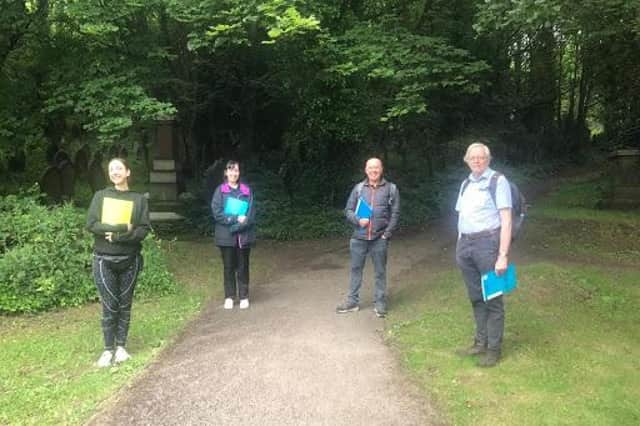Sheffield students dig into what shapes a city thanks to Transforming and Activating Places project


The project aims to make a positive impact on places and the people who live there by offering 140 students from underrepresented groups, internships based on their knowledge of place.
Three of the students are working at The Star to focus on areas including how student living has impacted on Sheffield neighbourhoods, how music venues have and will continue to adapt over the decades, and the city’s Polish community.
Advertisement
Hide AdAdvertisement
Hide AdDr Zelda Hanney, of the Transforming and Activating Places program, said: “The project’s aim is to develop an inclusive and accessible work placement scheme that gives our talented students valuable work experience as well as the opportunity to share their unique perspectives with some of the most exciting organisations involved in and transforming and activating places.”
A total of different organisations are hosting the University of Sheffield three-week internships to allow the students to showcase their knowledge and help diversify the organisation’s workforce.
Along with the placements, students have taken part in workshops to share knowledge and learn about the importance of placemaking.
One of the aims is to learn how places are affected by people and, at the same time, how people affect these same places. Students have also joined anti-racist workshops.
Advertisement
Hide AdAdvertisement
Hide AdThe TAP program is funded by Research England and the Office for Students. It received funding of £50,000 from a central pot and is also a part of a £10m knowledge exchange scheme.
You can find out more about TAP here https://sites.google.com/sheffield.ac.uk/tap/home?authuser=0&form=MY01SV&OCID=MY01SV